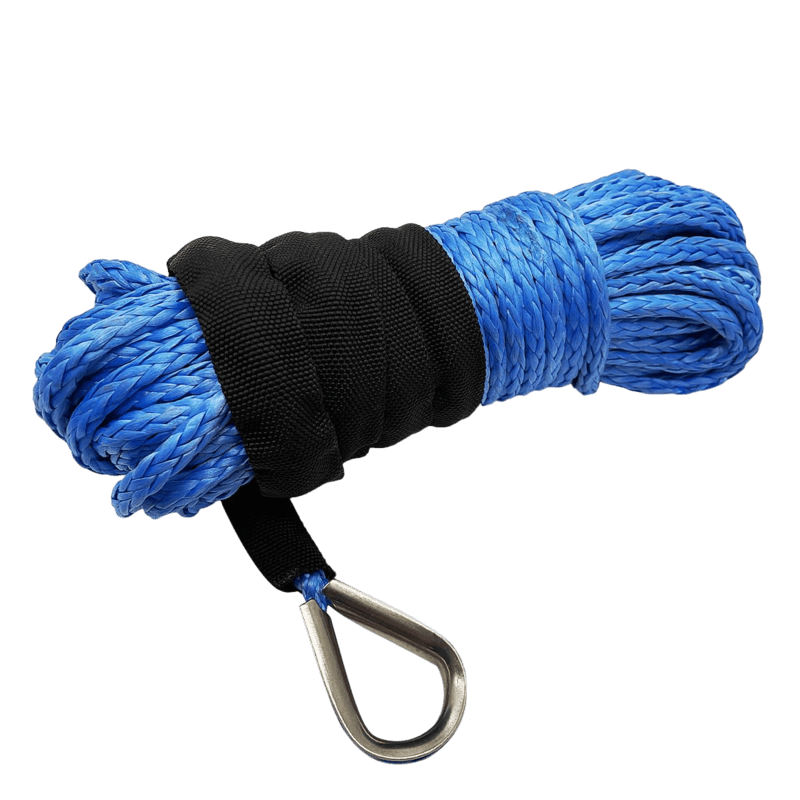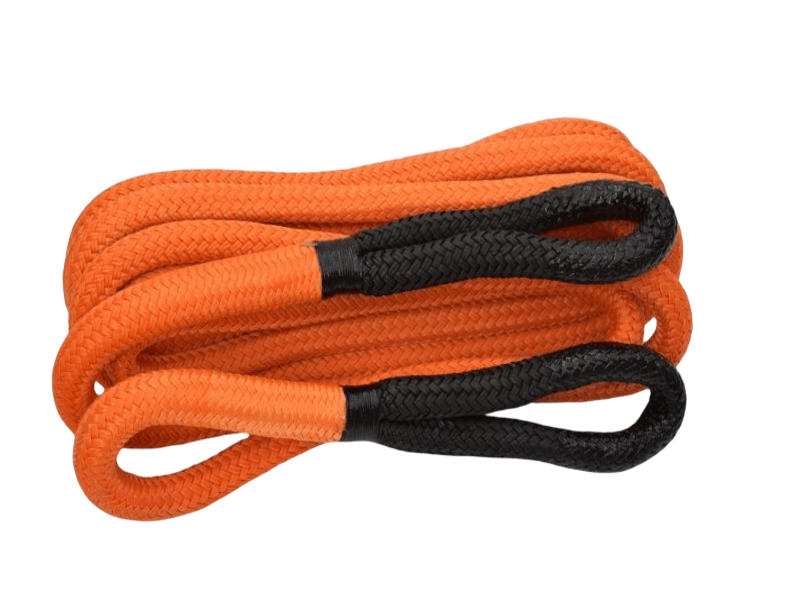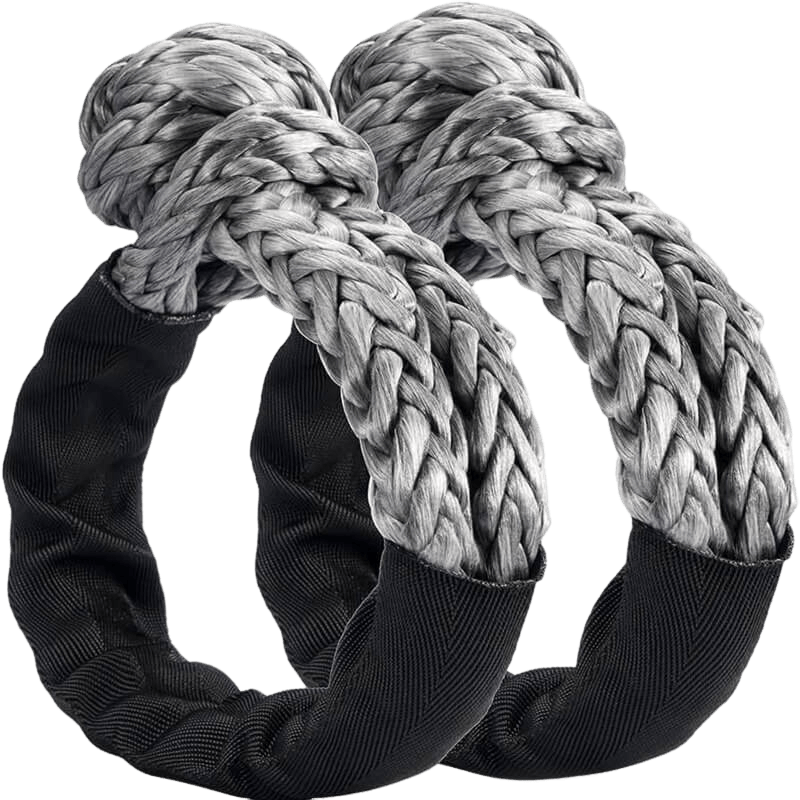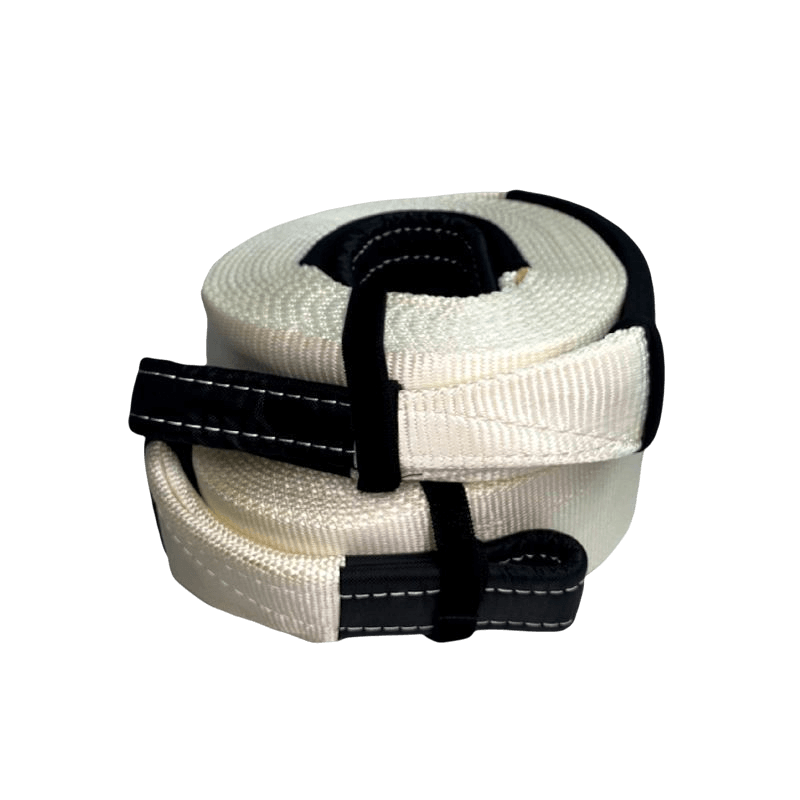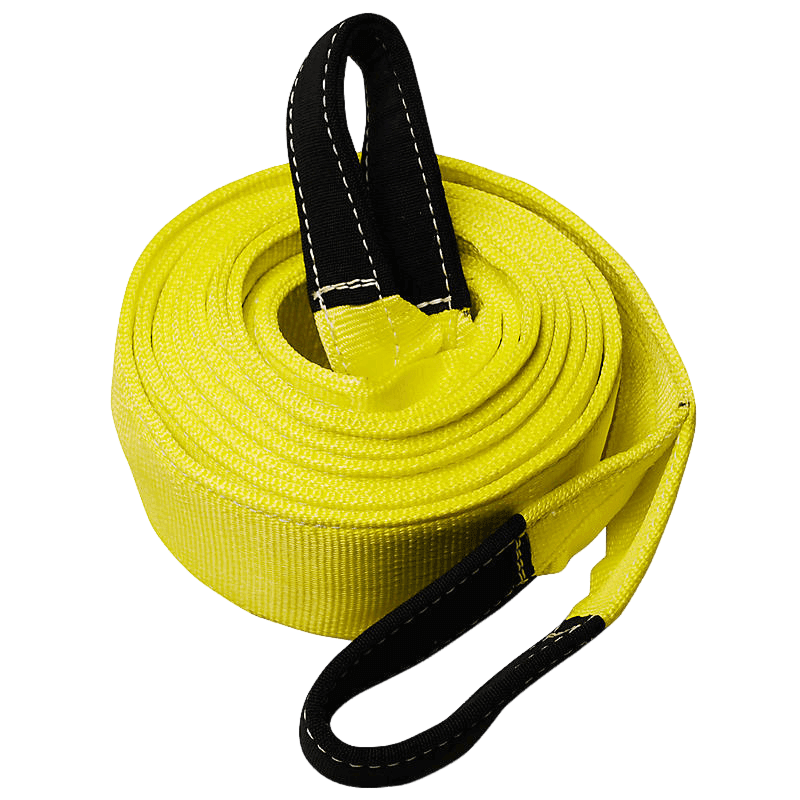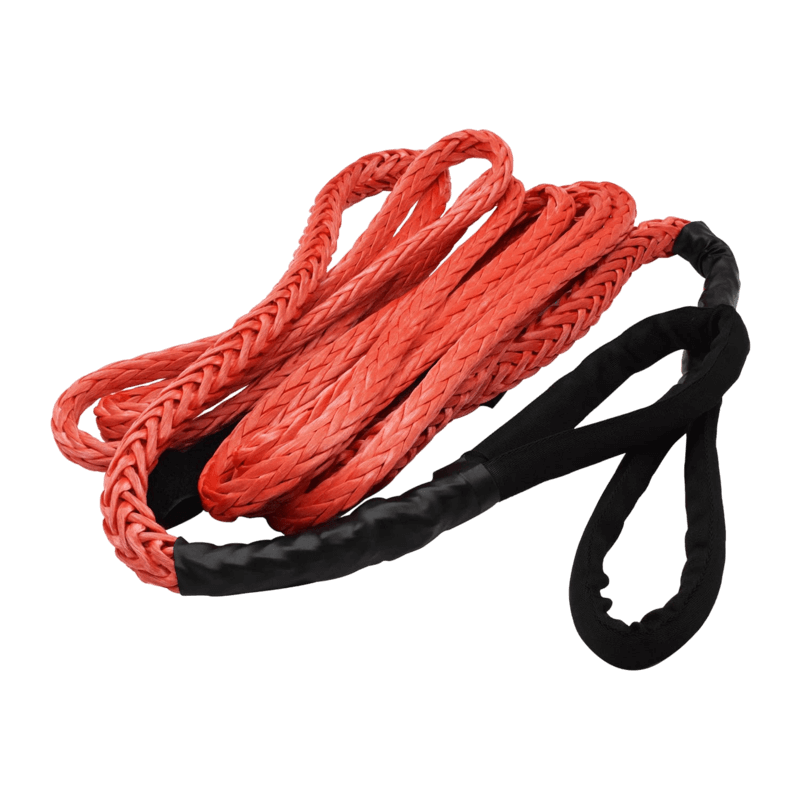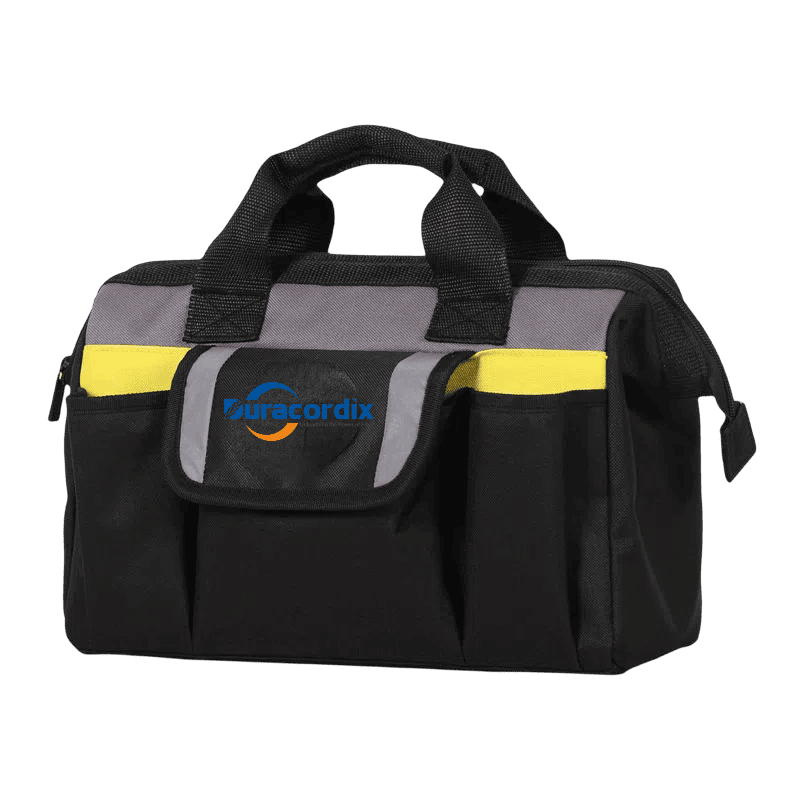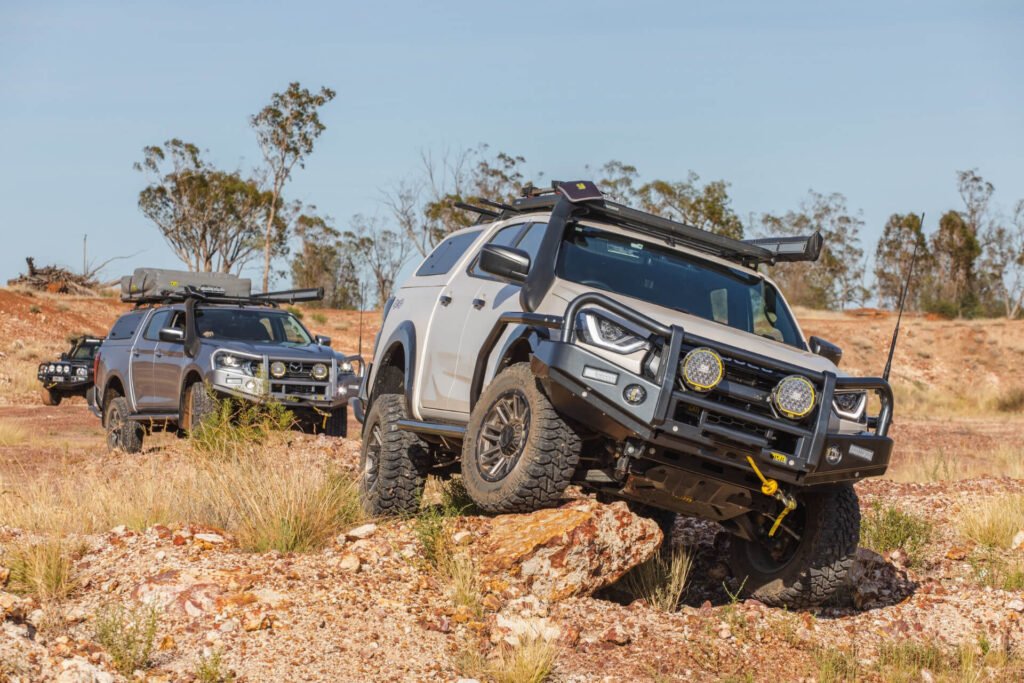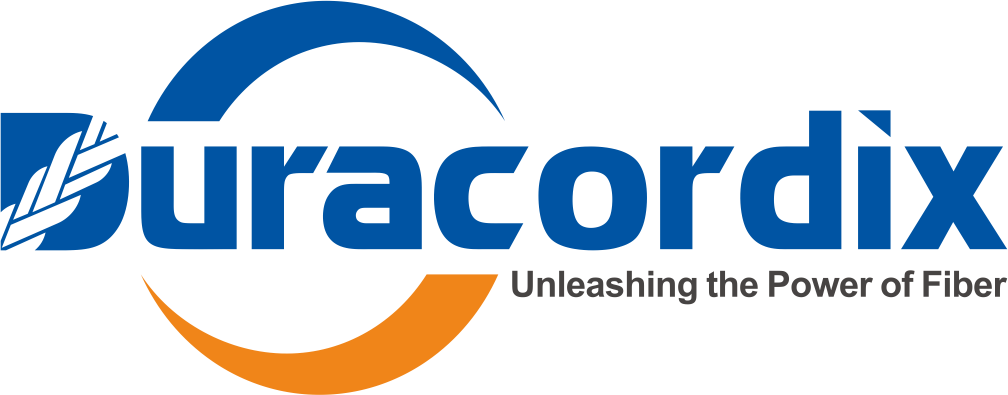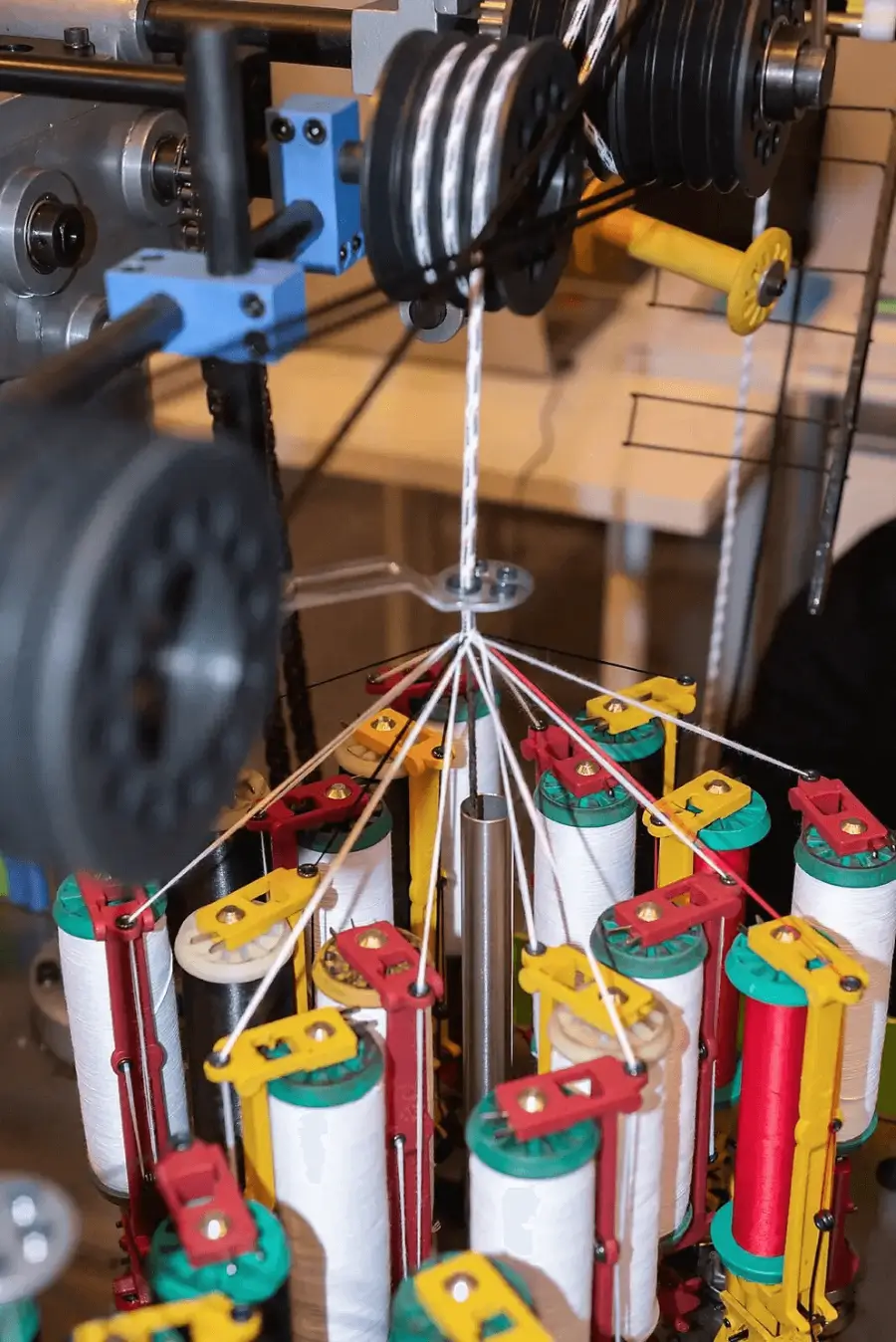4x4 off road
Power through Any Terrain with Our High-Performance Recovery Gear!
Homepage » Industries » 4X4 OFF ROAD
4X4 OFF ROAD
RECOVERY GEAR & SOLTUION SUPPLIER
Duracordix offers you a complete solution for your 4×4 off-road recovery and towing needs with our high-quality recovery gear. Our main products include kinetic recovery ropes, soft shackles, winch ropes, tow straps, UHMWPE tow ropes, and winch extension ropes.
Additionally, we can customize and provide other essential off-road recovery products, such as bridle equalizers, tree trunk protectors, 4×4 recovery kits, and other common 4×4 accessories like snatch blocks, hitch receivers, and aluminum fairleads.
Complete Recovery Solutions
Precision Winching
Soluton: You can use synthetic winch rope for strength and low stretch on steep terrains. meanwhile, the snatch block can help change pull direction or double winching power, also to use a tree trunk protector strap to protect your anchor points.
Load Equalization
Solution: The combination of UHMWPE Equalizer Tow Rope and a snatch block helps you evenly distribute the pull across multiple anchors. By changing the direction of the pull, it balances the load, improving recovery efficiency and safety while reducing vehicle damage
Kinetic Extractions
Solution: you can use snatch strap or kinetic rope for quick vehicle recovery in soft terrains like mud, sand & snow. The high stretch of nylon stores kinetic energy, creating a rebound force. Pair it with soft shackles to reduce risks under high tension and improve your operational safety.
Robust Towing
Solution: You can use polyester tow straps and UHMWPE tow ropes, paired with a soft shackle and hitch receiver, for vehicle recovery in rugged terrains. This ensures strong support while providing a secure and effective connection to the vehicle.
Heavy Load Handling
Solution:The UHMWPE lifting sling and soft shackle combo is perfect for your vehicle recovery and lifting heavy objects. They’re strong yet lightweight, and their flexibility ensures secure, quick, and precise connections for you
Adaptable Recovery
Solution: Equip your recovery setup with snatch rings, steel shackles, and snatch blocks for all kinds of pulls, whether straight or at an angle. Throw in an aluminum shackle hitch receiver for a lightweight, adaptable solution to handle any recovery situation.
Our Top Recovery Products
Description: Made from ultra-durable UHMWPE (Ultra High Molecular Weight Polyethylene), this rope is lightweight yet incredibly strong, making it the perfect replacement for steel cables. It provides you with a safer, more efficient winching solution.
Key Features: Light and easy for you to handle, UV-resistant, and designed to minimize fraying for safer use
Recommended Use: Ideal for your 4×4 winching setup—safer and easier to handle than steel cables.
Description: This high-stretch (over 25%) rope, made from premium nylon 66, is tough and designed for you to safely pull vehicles out of tricky situations like mud, sand, or snow, using the power of kinetic energy.
Key Features: 25% stretch for controlled recovery, UV and abrasion-resistant, built to handle any terrain.
Recommended Use: Perfect for getting your vehicle unstuck from soft soil, sand, or other tough spots. For added safety, use it with soft shackles.
Description: Made from Ultra-High-Molecular-Weight Polyethylene (UHMWPE) and often come with a protective polyester sleeve to prevent wear and tear.
Key Features: Lightweight, corrosion-resistant, and strong, making it a great alternative to steel shackles. Its flexibility suits various connection shapes.
Recommended Use: In off-road and powersport recovery, you can use soft shackles to connect vehicles to recovery ropes, helping to pull them out of difficult situations.
Description: This high-stretch strap, made from tough nylon fiber, is designed to help you “snatch” vehicles out of tough spots with ease.
Key Features: Reinforced ends for extra durability, high stretch capacity, and UV resistance to keep it performing over time.
Recommended Use: For safe and effective recovery, pair it with soft shackles and kinetic ropes.
Description: This durable, low-stretch polyester strap is designed for you to tow vehicles safely and securely over short distances.
Key Features: Strong, low-stretch design for controlled towing, abrasion-resistant, and tough enough to handle challenging conditions.
Recommended Use: Ideal for controlled towing on solid ground. For added safety, pair it with soft shackles to ensure secure attachment points.
Description: Made from ultra-strong UHMWPE, this tow rope is built for you to tow heavy vehicles safely, even in the toughest conditions.
Key Features: It offers a great strength-to-weight ratio, barely stretches, and stands up to water and UV damage, so you can rely on it in any situation.
Recommended Use: Perfect for towing heavy vehicles across any terrain, whether you’re on the road or off the beaten path.
Description: A complete recovery kit with everything you need for off-road rescues, all packed in a durable, easy-to-carry bag.
Contents: You’ll find a kinetic recovery rope, soft shackles, tree trunk protector, snatch strap, heavy-duty gloves, recovery dampener, and more. You can also customize it with any items you need.
Applications: Ideal for you as an off-roader who wants all your recovery essentials in one place, ready to tackle any challenge that comes your way.
- Pain-Free Purchase
WHY CHOOSE
our off-road Recovery gear
- Durability: Your recovery rope is built to handle tough conditions, lasting longer and performing better than others, thanks to its high-quality materials and superior strength.
- Strength: With a tensile strength of up to 100,000 lbs, your recovery rope gives you safe, reliable performance, handling heavy loads without the risk of snapping.
- Safety: Your off-road recovery rope’s stretch and recoil (up to 30%) absorb shock, reducing the risk of injury from sudden tension release, so your recoveries are safer.
- Easy to use: Your recovery rope is simple to attach—ready in under 30 seconds—so you can get back on track without wasting time.
- Versatile: Whether you're stuck in mud, sand, or snow, your recovery rope handles it all, making it the go-to tool for any off-road situation.
- Affordable: At up to 30% cheaper than other brands, your recovery rope gives you premium quality without breaking the bank.
- testimonials
Client Voice
FAQs
Frequently asked questions addressing customer concerns and pain points
Are recovery ropes better than straps?
When you're doing a vehicle recovery, you'll want to use a recovery rope. It's designed with a bit of stretch, so it can store kinetic energy and provide a smooth, controlled pull. A tow rope, though, is made for short-distance towing of a disabled vehicle. It doesn't have the same stretch, so it's not as effective for controlled recovery in tough situations.
What 4x4 offroad accessories are needed for vehicle recovery?
Essential 4x4 accessories for vehicle recovery include tow straps, tree straps, recovery straps (or kinetic ropes), traction mats, D-shackles or soft shackles, a high-lift jack, gloves, and a shovel, etc.
What is the difference between a recovery rope and a tow rope?
A recovery rope is specifically designed for vehicle recovery, featuring elasticity that allows it to store kinetic energy for a smooth and controlled pull. A tow rope, on the other hand, is intended for towing a disabled vehicle over short distances and lacks the elasticity found in recovery ropes.
How heavy of a recovery strap do I need?
The weight rating of a recovery strap should be at least two to three times the weight of the vehicle being recovered to ensure safe and effective use.
What recovery gear belongs in an ultimate off road recovery kit?
You need an ultimate off-road recovery kit that includes equipment capable of handling various recovery scenarios, such as mud, sand, snow, and other terrain challenges. These essential items include tow straps, kinetic recovery ropes, tree saver straps, snatch rings, snatch blocks, D-shackles, soft shackles, winch rope, winch extension rope, winch damper, gloves, shovels, etc.
What are the 2 main types of recovery straps?
The two main types of recovery straps are kinetic recovery straps, which have elasticity to store kinetic energy, and static recovery straps, which are non-elastic and more suitable for straight-line pulls.
Are kinetic recovery ropes worth it?
Kinetic recovery ropes are often considered worth the investment due to their superior performance in vehicle recovery situations, especially off-road and 4x4 scenarios.
Is nylon or polyester better for recovery straps?
Nylon is often your go-to for recovery straps because it’s stronger and more elastic, which helps absorb the shock during a pull. But if you’re going to be in harsh sun or rough conditions, polyester might be the better option, as it holds up better against UV damage and wear.
How can you tell the difference between a tow strap and a recovery strap?
A tow strap usually has metal hooks at each end and doesn’t stretch, which makes it perfect for simple, short-distance towing. But for recovery, you’ll want a recovery strap—it’s elastic and has reinforced loops, which helps absorb the shock and gives you more control during a recovery.
when do you need an off road jack during vehicle recovery?
When you're off-roading and the vehicle gets stuck in mud or snow, an off-road jack can lift the vehicle to a certain height, making it easier to place traction mats or tow ropes under the tires, helping the vehicle get recovered and freed.

